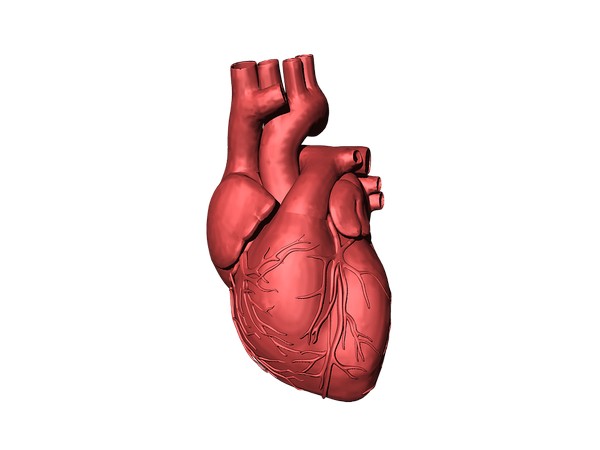Patients with enlarged hearts have better health: Research
A multidisciplinary team from the University of Texas at Arlington will be conducting new research on how to increase the security and efficacy of medical operations performed on patients with inoperable enlarged hearts.

- Country:
- United States
A multidisciplinary team from the University of Texas at Arlington will be conducting new research on how to increase the security and efficacy of medical operations performed on patients with inoperable enlarged hearts. A Controlled Septal Ablation for Inoperable Hypertrophic Cardiomyopathy, by Jun Liao, associate professor of bioengineering. The funding is intended, in part, to improve the research environment at UTA while giving undergraduate students access to cutting-edge biomedical research opportunities.
"This project bridges bioengineering innovation to clinical need," Liao said. "When (coinvestigator) Dr Pietro Bajona brought up the clinical challenges in septal ablation, we answered with a novel idea and started working on it. This collaborative research paves a new avenue to better health for patients with inoperable enlarged hearts." Professor Kytai Nguyen, an expert in nanofabrication, and Associate Professor Yi Hong, an expert in biomaterials, are co-investigators from UTA Bioengineering. Other associates include Dr Matthias Peltz, surgical director of cardiac transplant at UT Southwestern Medical Center, and Bajona, director of the Allegheny Health Network's Hypertrophic Cardiomyopathy Program. Both doctors will contribute their clinical knowledge and viewpoints to the contemplated study.
In order to lessen a left ventricular outflow obstruction, Liao said patients with inoperable enlarged hearts undergo a technique known as alcohol septal ablation in which a portion of the overgrowth septal muscle is removed. However, problems can develop from drinking only pure alcohol, resulting in uncontrollable cardiac muscle destruction. "The current procedure brings with it some risky complications," Liao said. "There is about a 2% mortality rate, with complications such as ventricular fibrillation, possible heart attack and a complete heart block due to indiscriminate tissue destruction."
Liao claimed that recent studies even used super glue for pure alcohol, which presented problems regarding long-term safety and effectiveness. "Our goal is to design a novel nanoparticle ablation system to replace the pure alcohol procedure," Liao said. "We want to achieve a controllable, localized tissue shrinkage leading to a safer ablation."
According to the Cleveland Clinic, between 600,000 and 1.5 million Americans suffer from an enlarged heart. "This research could have a significant impact on hypertrophic cardiomyopathy, a genetic disease that results in abnormal thickening of the ventricular muscle, particularly the septum," said Michael Cho, professor and chair of the Department of Bioengineering. "The research highlights UT Arlington's ability to collaborate with other clinical institutions and their specialities to drive forward translational and transformative research." (ANI)
(This story has not been edited by Devdiscourse staff and is auto-generated from a syndicated feed.)
- READ MORE ON:
- Americans
- Arlington
- Cleveland Clinic
- University of Texas
ALSO READ
Biden's Historic Clemency: A Second Chance for 1,500 Americans
Americans' Shifting Stance on Immigration: A Poll Analysis
Biden's Bold Clemency Move: Granting Indian-Americans a Second Chance
Presidential Clemency: Four Indian-Americans Among Recipients
Palestinian Americans Sue U.S. Government Over Gaza Evacuation Failure










